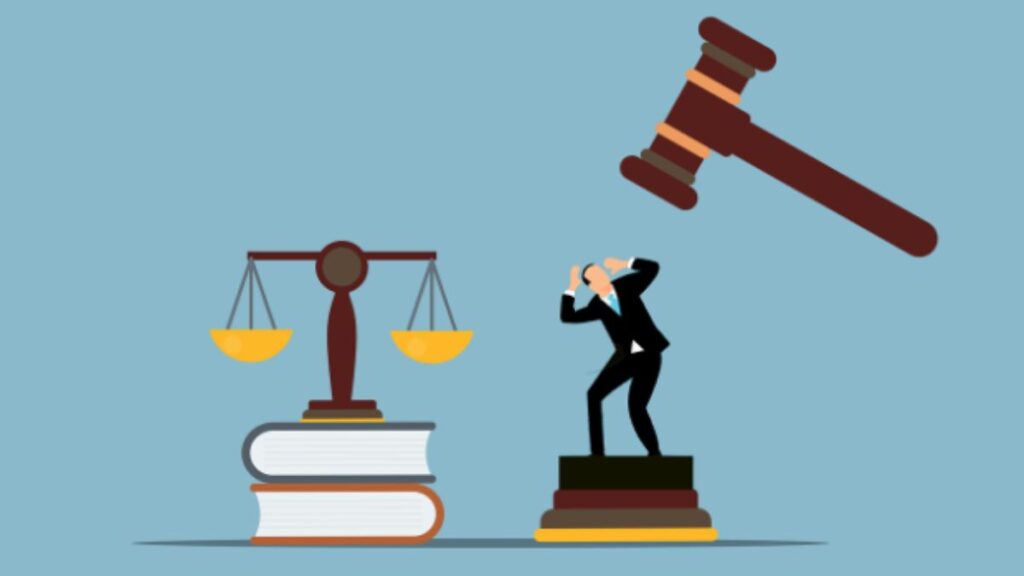Facing a DUI or DWI charge can be a life-altering experience, with consequences that ripple through your personal and professional life. Beyond the immediate legal repercussions, such as fines and potential jail time, the long-term effects can be even more daunting. From jeopardizing your career prospects to straining your relationships, a DUI or DWI can leave a lasting mark on your future. But it’s not all doom and gloom—understanding these impacts is the first step toward mitigating the damage.
In this post, we’ll explore six significant ways a DUI or DWI charge can affect your life and provide actionable advice to help you navigate this challenging time. Whether you’re facing a charge or want to stay informed, this guide offers crucial insights to safeguard your future. Let’s get started.
Criminal Record and Background Checks
A DUI or DWI conviction typically results in a criminal record, which can have long-lasting consequences. Background checks conducted by employers, landlords, and even educational institutions often reveal these records. This can lead to missed job opportunities, difficulty securing housing, or complications in pursuing further education.
While some states allow for expungement or record sealing after a set period, this process can be lengthy and costly. The presence of a DUI or DWI on your record can make first impressions more challenging, impacting how others perceive your trustworthiness or reliability. It’s crucial to work with a legal expert to understand your options for reducing the long-term effects of this record.
Employment Challenges
A DUI or DWI charge can jeopardize your current employment and future career opportunities. Many employers have zero-tolerance policies for criminal convictions, especially if your job involves driving or managing sensitive responsibilities. Losing your driver’s license, for instance, could disqualify you from roles requiring a clean driving record.
Moreover, navigating the legal complexities of a DUI case can be overwhelming without proper representation and you will need legal representation. For instance, if you are facing criminal charges in Middlesex County, a lawyer experienced in local DUI laws can provide essential guidance to safeguard your professional future. Taking proactive steps with legal help can significantly reduce the risk of losing your job or facing prolonged career setbacks.
Financial Strain
The financial burden of a DUI or DWI charge extends far beyond initial fines. Legal fees, court costs, increased insurance premiums, and mandatory education or treatment programs can quickly add up. If your license is suspended, you might also face additional expenses for alternative transportation.
In some cases, repeat offenses may require the installation of an ignition interlock device, further increasing costs. These expenses can put a strain on your budget, especially if you lose income due to missed work or termination. Taking proactive steps, such as enrolling in financial counseling or consulting with an attorney, can help you navigate these challenges.
Impact on Personal Relationships and Reputation
A DUI or DWI charge can strain relationships with family, friends, and colleagues. The stigma attached to these charges may lead others to question your judgment or reliability, potentially causing embarrassment or social isolation. Loved ones might feel the effects of financial strain or the disruption of routines, particularly if the charge results in jail time or a suspended license.
Rebuilding trust and mending relationships takes time, but being transparent and seeking support can help. Joining a support group or speaking with a counselor can also provide valuable tools for addressing the emotional impact of a DUI or DWI on your personal life.
Educational Opportunities: Barriers to Advancement
A criminal record stemming from a DUI or DWI can create obstacles in higher education. Many colleges and universities inquire about criminal convictions during the admissions process, which could impact your acceptance chances. Scholarships and financial aid opportunities may also be affected, as some programs disqualify applicants with criminal records.
If you’re already enrolled in an educational program, the conviction might lead to disciplinary actions or even expulsion, depending on the institution’s policies. To mitigate these effects, consider seeking expungement or taking part in a rehabilitation program to demonstrate accountability and a commitment to personal growth.
Travel Restrictions: Limiting Your Freedom to Move
Certain countries have strict entry requirements for individuals with DUI or DWI convictions. For example, Canada often denies entry to travelers with a DUI record unless they obtain special permission, such as a Temporary Resident Permit. This can hinder both leisure travel and professional opportunities that require international movement. Even domestic travel can become challenging if your license is suspended, limiting your ability to attend work or social obligations.
To avoid complications, consult with an immigration lawyer if international travel is part of your plans. Addressing travel restrictions early ensures you maintain access to personal and professional opportunities.

A DUI or DWI charge can have far-reaching consequences, affecting your career, finances, relationships, and freedom. While the immediate impact may feel overwhelming, understanding these potential outcomes empowers you to take control and make informed decisions. Seeking legal counsel, addressing the financial and emotional toll, and taking steps to rebuild trust are critical to moving forward. Remember, a mistake doesn’t define your future—how you respond does. By taking proactive measures and learning from the experience, you can minimize the long-term effects and build a stronger, more resilient path ahead. Your future is still in your hands.







